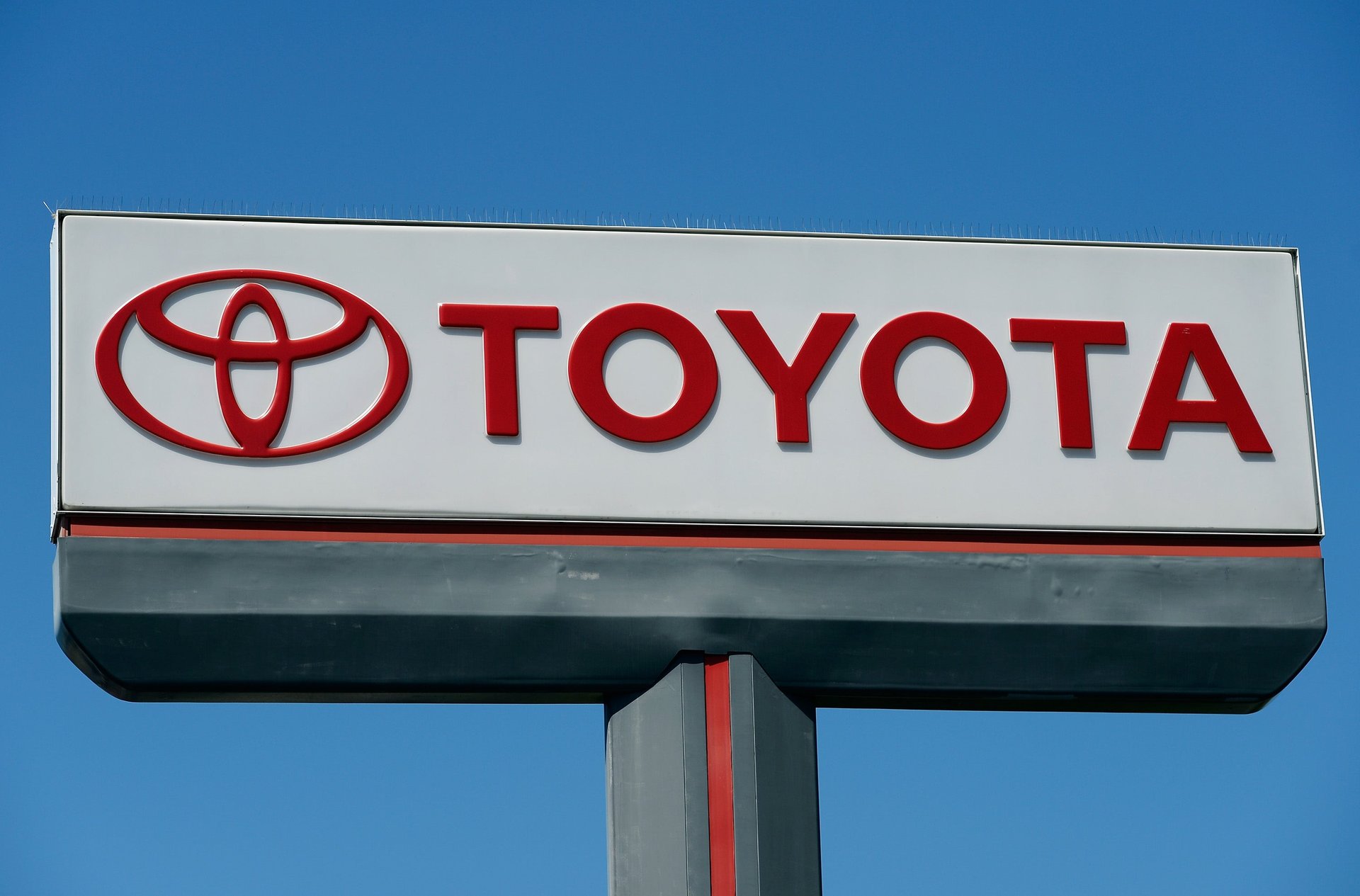Toyota says tariffs will cost it $1.3 billion in 2 months
The world's biggest automaker expects profits to drop 21% in the fiscal year

Toyota Motor (TM) expects its profits to fall 21% this fiscal year due to the repercussions of President Donald Trump’s trade war.
Suggested Reading
The automaker forecasts operating income to total 3.8 trillion yen ($26 billion) in the year to March 2026, compared to 4.8 trillion yen in the previous financial year, it announced Thursday. The forecast “tentatively” includes an estimated U.S. tariff impact of 180 trillion yen ($1.3 billion) for the months of April and May.
Related Content
“[Tariff] negotiations are ongoing at the moment, and the government officials are working hard now, so details of tariffs are still moving,” Chief Financial Officer Yoichi Miyazaki said in a briefing. “So at this moment, it’s very difficult to forecast the future,” he added.
Toyota also expects the appreciating yen to dampen consumer demand in the coming year. The forecast adopted the full-year foreign exchange rate assumptions of 145 per yen per U.S. dollar, compared to 153 yen in the previous year, adding that the previously weaker yen had inflated the company’s earnings.
The president introduced a 25% tariff on the 8 million cars imported into the U.S. annually, on March 29. The wider auto industry has warned of rising retail prices, soaring costs and diminished sales, as a result.
On Wednesday, Ford Motor Company (F) said three of its Mexico-made models would cost up to $2,000 more. General Motors (GM) (GM) last week warned that it anticipates up to $5 billion in tariff-related costs. In April, the S&P Global (SPGI) downgraded its 2025 forecast for U.S. vehicle sales by 700,000.
But it’s also the fast-evolving nature of Trump’s trade war which is complicating the company’s ability to plan for the future. Indeed, shortly after Trump’s sweeping auto tariffs were introduced, he offered some concessions, signing an executive order on April 29 that permits carmakers to offset the tariff when producing auto parts domestically.
“The current environment surrounding the auto industry, including trade relations, is in extreme flux,” Toyota’s chief executive, Koji Sato, said.
Miyazaki acknowledged that Toyota has “many customers” in the U.S., and would want to allocate cars accordingly, “but in the short term, [we] have to look at how we allocate the cars,” indicating the company may push to recoup losses in alternative markets.